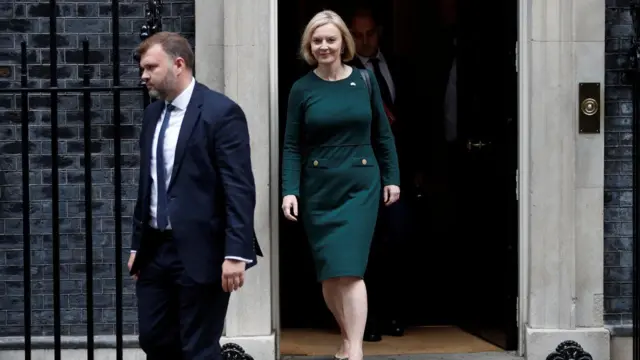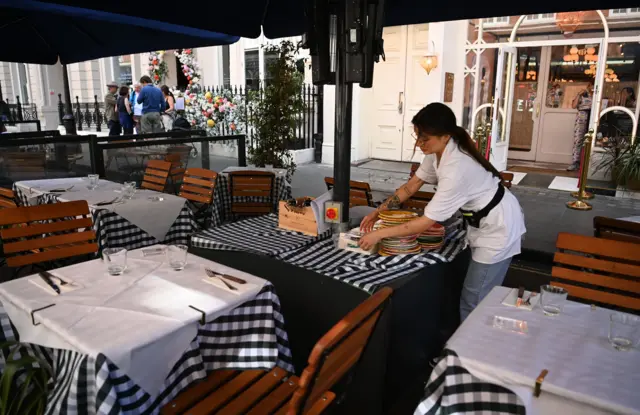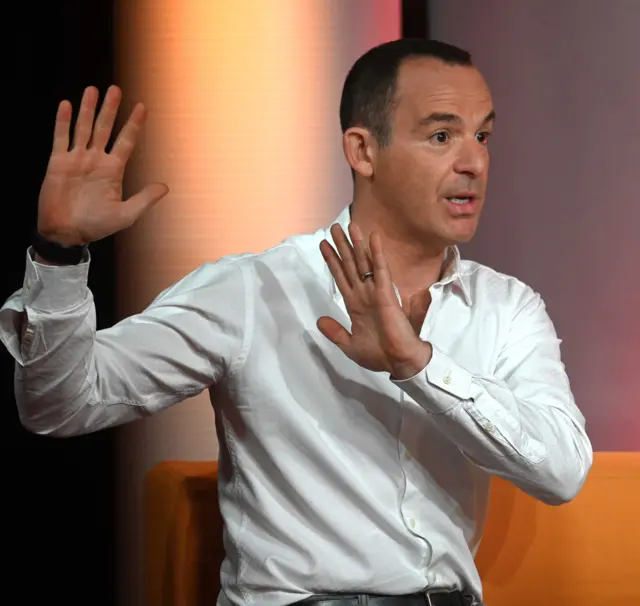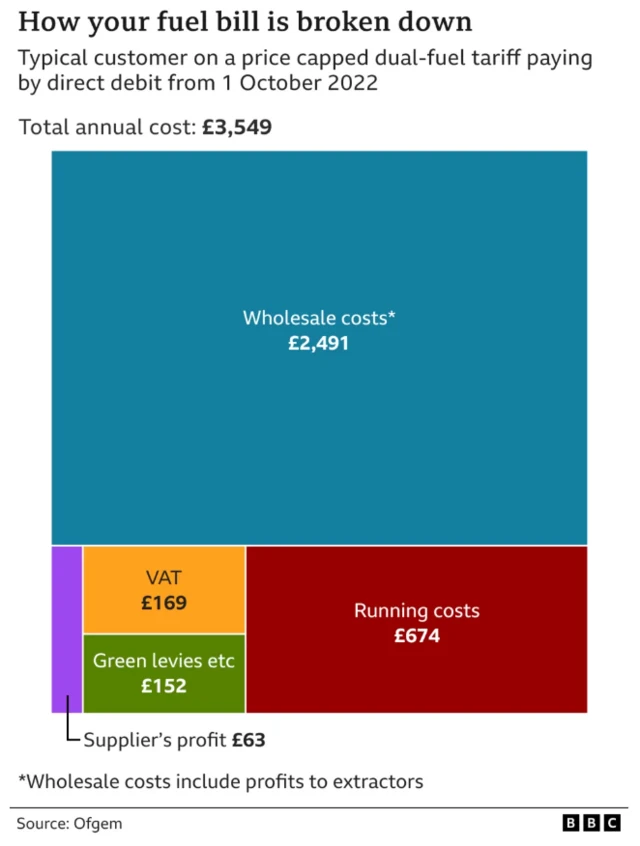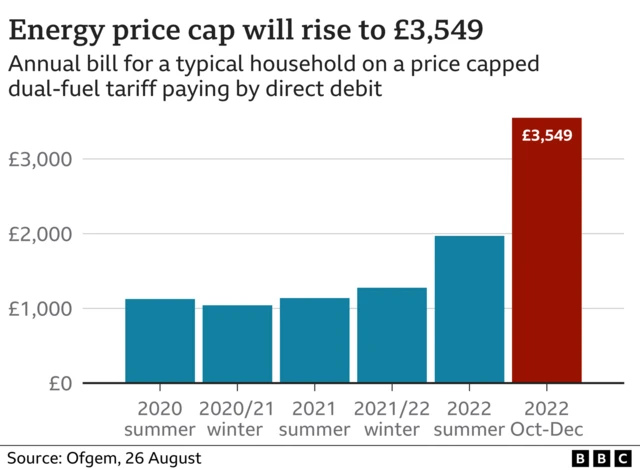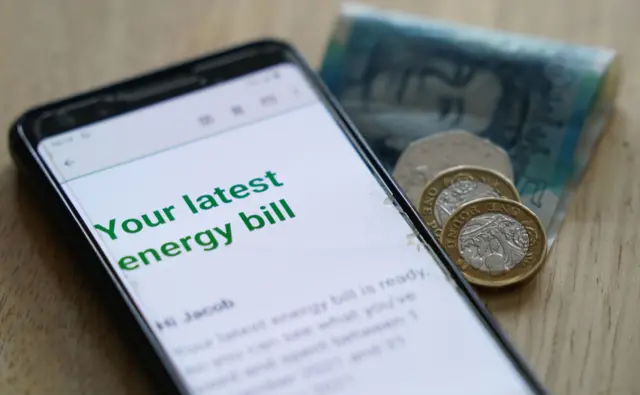Pain still ahead despite energy package about to be unveiledpublished at 11:34 BST 8 September 2022
 Faisal Islam
Faisal Islam
BBC Economics Editor
 Image source, Getty Images
Image source, Getty ImagesWithin government, the energy situation is privately being referred to as an “emergency”, and what we will see today is a crisis level response akin to the Covid pandemic.
Essentially, because the UK is more reliant on imported gas than other similar nations, we are among the most impacted. Energy companies have already paid for this winter's gas, at prices that their customers won't be able to pay. If they were to pass on this the result would be a severe recession, and even higher inflation.
As a result of today’s intervention, inflation should be lower and the depth of any recession shallower.
But it is important to note that there is considerable household pain even at today’s price levels. And instead of smoothing today's prices via bills over the next decade, it is the government which will simply borrow the money.
That raises real questions about how much space the prime minister has for her promised massive immediate tax cuts.
It will provide vital support for households and business, but the fine detail of exactly how much, could also face judgement in some jittery markets.


